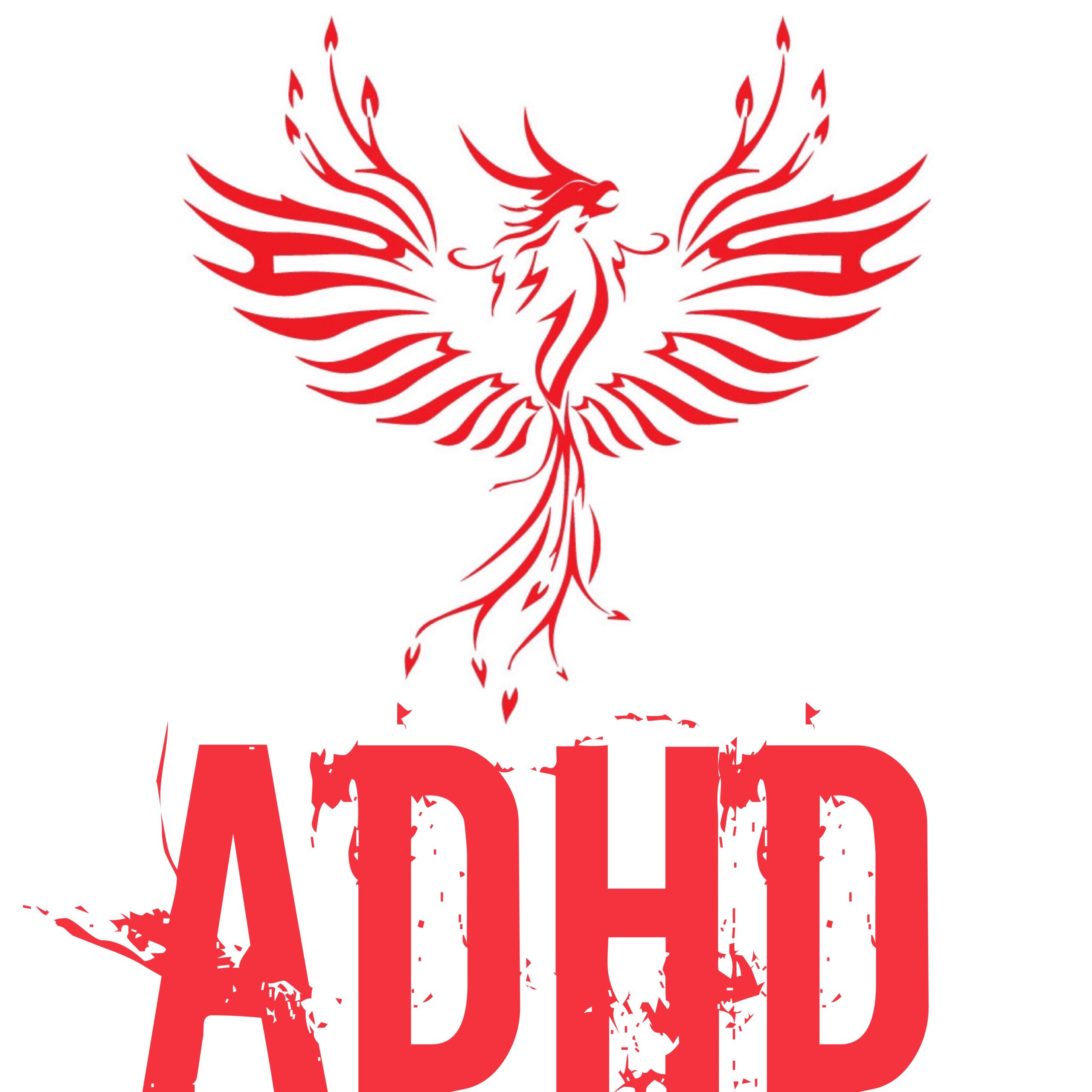
Benefits of Thai Boxing for Adults with ADHD
Introduction:
Living with Attention Deficit Hyperactivity Disorder (ADHD) can be challenging, affecting various aspects of life, from focus and impulsivity to overall well-being. While medication and therapy are common treatments, engaging in physical activities can also offer significant benefits. One such activity that has shown remarkable potential is Thai Boxing, also known as Muay Thai. In this blog, we’ll explore how Thai Boxing can positively impact adults with ADHD and provide a unique avenue for managing their symptoms.
1. Enhanced Focus and Concentration:
Adults with ADHD often struggle with maintaining focus and concentration. Thai Boxing involves structured routines, techniques, and strategies that require participants to be fully engaged and present. Learning the various moves, combinations, and defensive tactics cultivates a sense of mindfulness, helping individuals with ADHD improve their ability to concentrate on the task at hand.
2. Channeling Excess Energy:
Hyperactivity is a hallmark of ADHD, and physical activities can provide an effective outlet for excess energy. Thai Boxing involves intense workouts, including cardiovascular exercises, strength training, and agility drills. Engaging in these physically demanding sessions allows individuals to release pent-up energy in a controlled and constructive manner, potentially reducing restlessness and impulsive behaviors.
3. Improved Self-Discipline:
Thai Boxing requires commitment and regular practice to master techniques and progress in skill level. This structured approach cultivates self-discipline and patience, two qualities that can greatly benefit adults with ADHD. By consistently attending classes, following training regimens, and tracking their progress, individuals can develop valuable skills for managing impulsivity and impulsiveness in other areas of life.
4. Boosted Self-Esteem and Confidence:
Struggling with ADHD-related challenges can sometimes lead to feelings of inadequacy and low self-esteem. Engaging in Thai Boxing and achieving mastery of new skills can have a profound impact on an individual’s self-confidence. As participants learn and progress, they gain a sense of accomplishment and pride, helping to counterbalance negative self-perceptions.
5. Stress Relief and Emotional Regulation:
Many adults with ADHD also experience heightened levels of stress and difficulty regulating emotions. Physical exercise, such as Thai Boxing, triggers the release of endorphins, the body’s natural “feel-good” chemicals. This can lead to reduced stress, anxiety, and depression symptoms. Additionally, the mental focus required during training can help individuals develop better emotional regulation and coping strategies.
6. Social Interaction and Support:
Engaging in Thai Boxing offers a built-in social component. Participating in group classes provides opportunities for interaction, camaraderie, and shared experiences. Socializing with fellow participants who may share similar challenges can lead to a sense of belonging and decreased feelings of isolation.
Conclusion:
While Thai Boxing might not be a one-size-fits-all solution for managing ADHD symptoms, its physical, mental, and social benefits make it a valuable tool for many adults with ADHD. From improved focus and self-discipline to enhanced self-esteem and emotional regulation, engaging in Thai Boxing can be an empowering way to navigate the challenges associated with ADHD. As always, it’s important for individuals to consult their healthcare professionals before starting any new physical activity, ensuring that it aligns with their specific needs and medical considerations.
